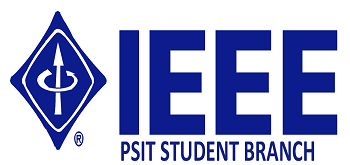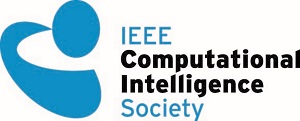


Computational Intelligence (CI) is the theory, design, application and development of biologically and linguistically motivated computational paradigms. Traditionally the three main pillars of CI have been Neural Networks, Fuzzy Systems and Evolutionary Computation. However, in time many nature inspired computing paradigms have evolved. Thus CI is an evolving field and at present in addition to the three main constituents, it encompasses computing paradigms like ambient intelligence, artificial life, cultural learning, artificial endocrine networks, social reasoning, and artificial hormone networks.
CI plays a major role in developing successful intelligent systems, including games and cognitive developmental systems. Over the last few years there has been an explosion of research on Deep Learning, in particular deep convolutional neural networks. Nowadays, deep learning has become the core method for artificial intelligence. In fact, some of the most successful AI systems are based on CI.
The Field of Interest of the Computational Intelligence Society (CIS) shall be the theory, design, application, and development of biologically and linguistically motivated computational paradigms emphasizing neural networks, connectionist systems, genetic algorithms, evolutionary programming, fuzzy systems, and hybrid intelligent systems in which these paradigms are contained.
The IEEE CIS organizes several conferences every year. The main conferences where the Society is a financial sponsor are listed below. The Society also is a technical sponsor of many conferences. The Society organizes other events such as Competitions, Tech Challenges, Summer Schools, Webinars, and Distinguished Lecturers. For more information please visit the conferences & eventswebpage.
CIS has a variety of programs which include: social activities held within CIS-sponsored conferences, a webinar series, summer research grants for students, job opportunities, a Distinguished Lecturers Program that allows local CIS chapters to have lectures from world class computational intelligence researchers, as well as travel grants to present papers at CIS-sponsored conferences
Research internship under the guidance of Prof. Nikhil R. Pal (President of CIS-IEEE). The research work focused on Manifold Learning for Data Visualization. During the period of two months I implemented a couple of data visualization algorithms (like t-SNE) and tried to improve upon them. Moreover, I studied and implemented various autoencoder algorithms to solve the similar problem.